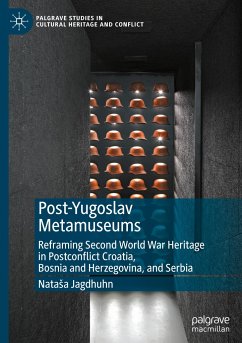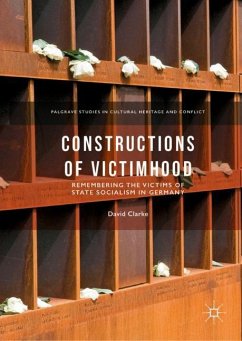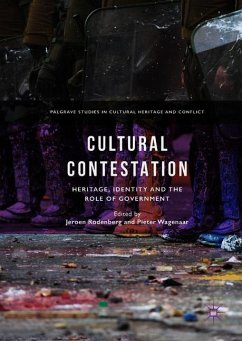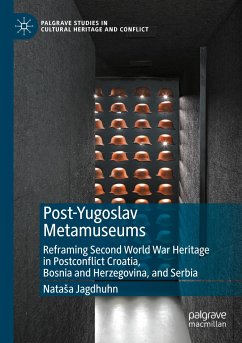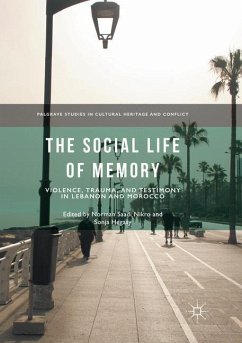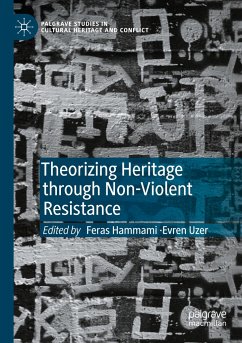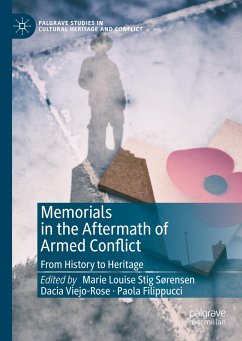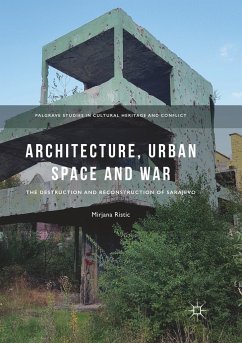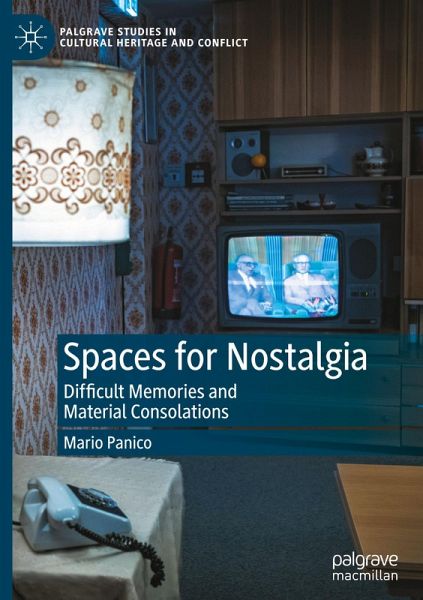
Spaces for Nostalgia
Difficult Memories and Material Consolations

PAYBACK Punkte
49 °P sammeln!
How is nostalgia expressed through space?Studies of nostalgia have long illustrated the emotional dynamics which condition our desire to go back to a time and a space that belong to the past. This book addresses this condition from an innovative perspective, by over-exposing the spatial dimension of nostalgia. Doing so unveils alternative and complementary ways of thinking through how this emotion is activated: in particular, how space - unlike time - can be recreated in the present, even in a different location, with the deliberate aim of consoling this bittersweet sensation. The volume defin...
How is nostalgia expressed through space?
Studies of nostalgia have long illustrated the emotional dynamics which condition our desire to go back to a time and a space that belong to the past. This book addresses this condition from an innovative perspective, by over-exposing the spatial dimension of nostalgia. Doing so unveils alternative and complementary ways of thinking through how this emotion is activated: in particular, how space - unlike time - can be recreated in the present, even in a different location, with the deliberate aim of consoling this bittersweet sensation. The volume defines this re-creation as a "space for nostalgia".
In this book, this concept is applied within the context of cultural heritage and difficult memories. As a further step, then, the volume questions the modalities through which nostalgia can interact with and permeate a space of memory, therefore influencing collective understandings and the emotional re-writings of our shared pasts. Through case studies relating to challenging nostalgias for troubled pasts in Western Europe, the book examines how the furnishing and use of space, the discourses that surround it, and the objects that become synecdoche of it provide a terrain where even unlikely or troubling forms of nostalgia can grow and blossom.
Studies of nostalgia have long illustrated the emotional dynamics which condition our desire to go back to a time and a space that belong to the past. This book addresses this condition from an innovative perspective, by over-exposing the spatial dimension of nostalgia. Doing so unveils alternative and complementary ways of thinking through how this emotion is activated: in particular, how space - unlike time - can be recreated in the present, even in a different location, with the deliberate aim of consoling this bittersweet sensation. The volume defines this re-creation as a "space for nostalgia".
In this book, this concept is applied within the context of cultural heritage and difficult memories. As a further step, then, the volume questions the modalities through which nostalgia can interact with and permeate a space of memory, therefore influencing collective understandings and the emotional re-writings of our shared pasts. Through case studies relating to challenging nostalgias for troubled pasts in Western Europe, the book examines how the furnishing and use of space, the discourses that surround it, and the objects that become synecdoche of it provide a terrain where even unlikely or troubling forms of nostalgia can grow and blossom.





